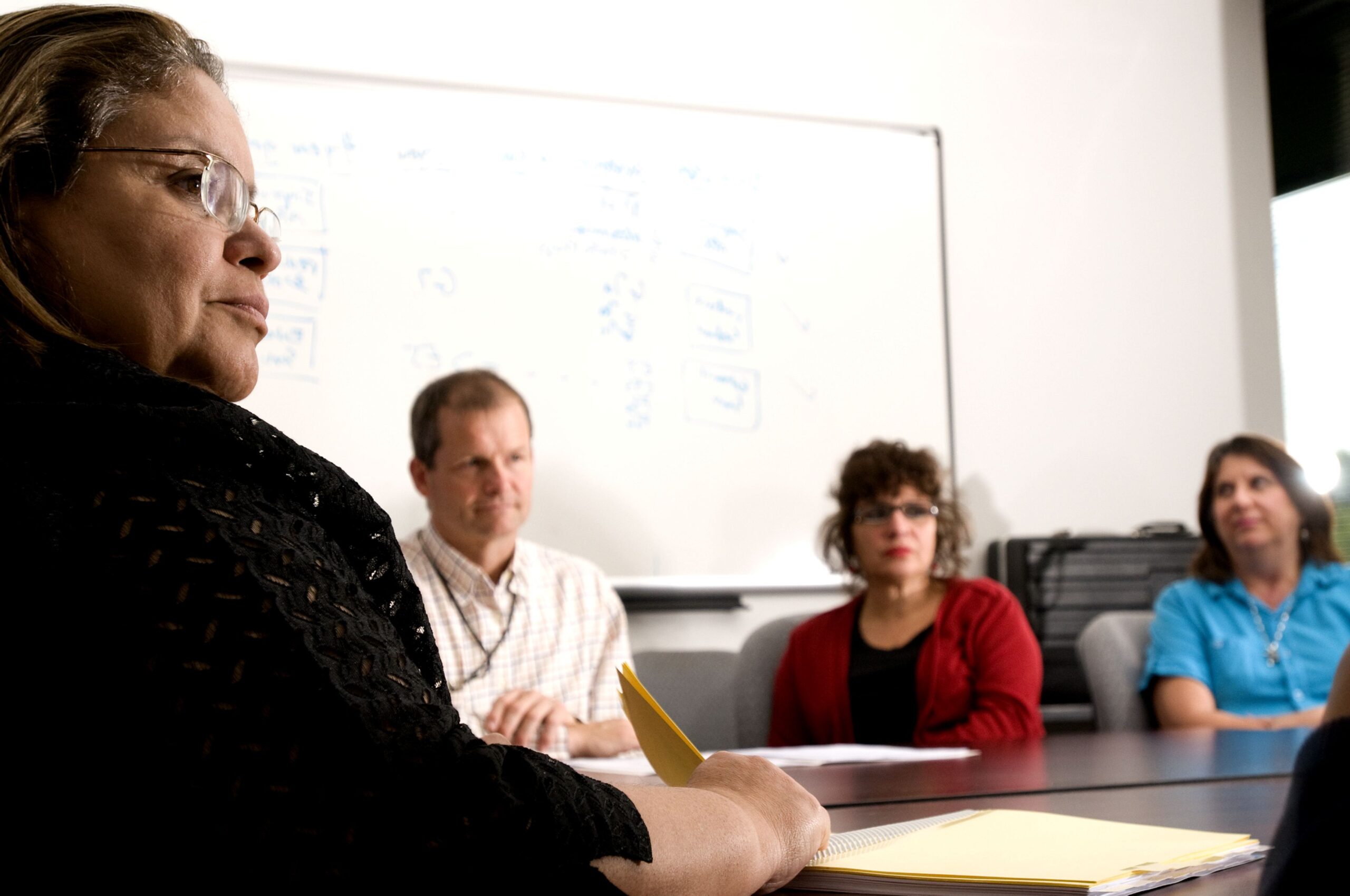The essence of Bahá’í teachings can be likened to a tapestry, woven from the threads of divine guidance, human endeavor, and an understanding of our place in the cosmos. Central to this philosophy is the concept of Teachers, embodied in the Prophets or Manifestations of God, who have illuminated humanity’s path through successive epochs. This article delves into the multifaceted role these figures play, akin to educators in a grand school, imparting wisdom and fostering spiritual growth.
Throughout history, humanity has been graced with the presence of these divine Teachers. Each has brought forth teachings tailored to the needs and understanding of their contemporary societies. The glory of this educational schema lies not merely in the individual messages of each Prophet but in the cumulative wisdom they represent. The Bahá’í Faith reveres figures such as Moses, Jesus, Muhammad, the Bab, and Bahá’u’lláh as pivotal educators whose revelations build upon and transcend antecedent teachings.
In analyzing the content that one might extract from the Bahá’í perspective on these divinely appointed educators, we uncover several critical themes.
1. The Continuity of Revelation
One of the most profound notions in Bahá’í teachings is the idea of progressive revelation. Each Teacher is viewed as a chapter in an ongoing book, contributing unique insights yet collectively reinforcing essential spiritual truths. For instance, the teachings of Jesus and Muhammad strive to expand on ethical principles, while Bahá’u’lláh introduces concepts that elevate the discourse to a global level. This underscores a belief in a divine pedagogy that adapts through time, affirming that humanity is constantly evolving and thus requires corresponding spiritual guidance.
2. The Unifying Purpose
Another significant aspect is the essence of unity that binds these teachings. Each Teacher, despite the cultural and temporal differences, emphasizes the oneness of humankind and the interconnectedness of all faiths. The Bahá’í teachings advocate that the divine messages are not only compatible but integrally linked, fostering a sense of universality amidst diversity. This unity serves as a guiding compass towards collective progress, urging humanity to transcend parochial boundaries and embrace a shared destiny.
3. Spiritual and Moral Development
The role of Prophets extends beyond mere transmission of knowledge; they are spiritual architects. Their teachings are designed to foster moral and ethical development. This evolution is facilitated through an array of principles such as justice, reciprocity, and the importance of service to others. Individuals are encouraged to cultivate virtues and personal attributes in alignment with the teachings of these divine mentors, thereby enhancing their character and fostering social harmony.
4. Education as a Central Tenet
Education holds a paramount place in the Bahá’í teachings. The Prophets themselves exemplify the importance of learning, knowledge acquisition, and personal transformation. Followers are urged to engage in both spiritual and intellectual pursuits to advance their understanding of their purpose. Educational efforts, according to Bahá’í beliefs, should encompass not just conventional knowledge but also the nurturing of spiritual capacities. This dual approach equips individuals to act with wisdom in an increasingly complex world.
5. Prophetic Principles for Society
Beyond individual enlightenment, the teachings of the Prophets provide a framework for societal transformation. Economic justice, the abolition of prejudice, gender equality, and the establishment of peace constitute pivotal societal principles derived from the prophetic teachings. The application of these principles engenders a cohesive society that honors both individual freedoms and collective responsibilities. The Teacher’s role hence includes guiding communities toward the implementation of such doctrines, fostering teamwork for universal betterment.
6. The Cycle of Guidance and Responsibility
In the realm of Bahá’í thought, the relationship between Teacher and follower is reciprocal and dynamic. While the Prophets impart knowledge and guidance, followers are charged with the responsibility to apply these teachings in their lives and communities. This symbiotic relationship nurtures a culture of service and activism, whereby the adherents not only benefit from the wisdom of the Teachers but also contribute to the dissemination of these teachings. Through this lens, each individual may become a teacher in their own right, inspiring others and perpetuating the cycle of divine education.
7. The Role of Community
The Prophet’s teachings fundamentally stress the significance of community. The Bahá’í community is envisioned as a vibrant collective of individuals striving for spiritual and material advancement. This communal aspect is critical, for it emphasizes collaborative learning and shared experiences. Participation in community life allows for the embodiment of spiritual teachings, promoting a holistic approach to education that transcends the confines of individualism.
As we explore the teachings concerning the Prophets as Teachers, we find a rich narrative that intertwines individual spiritual endeavors with collective societal advancement. The Bahá’í Faith reiterates the timeless message of unity, continuous growth, and shared responsibilities. Each Teacher, a cornerstone of divine instruction, guides humanity through its educational journey, inspiring enlightenment and fostering global harmony.
In an age marked by rapid change, these teachings serve as a beacon, encouraging reflection upon our shared humanity and our collective obligations to usher in a new era of peace and understanding. Through these divine lessons, individuals may navigate the complexities of modern existence while remaining anchored in timeless spiritual principles.
